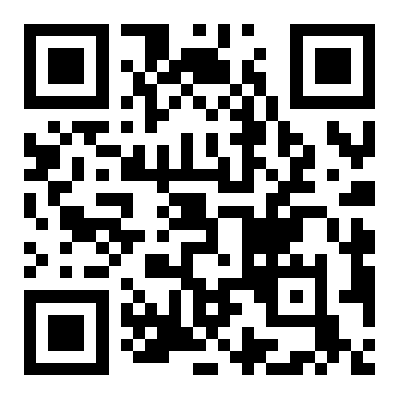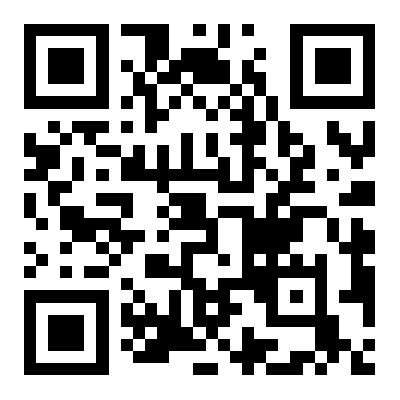091. What Should I Do If Someone Says, 'I Don't Want to Live Anymore'?
First, take it seriously. Don’t dismiss or minimize their feelings by saying things like “Don’t think like that.” Offer your presence and listen. Ask gently, “Have you thought about hurting yourself or ending your life?”—this won’t trigger suicidal thoughts but can actually help the person feel heard. If they mention a clear plan or seem at risk, seek professional help immediately—call a crisis line or accompany them to the hospital. You don’t have to handle it alone, but you can be a bridge to support.
092. Does Having Suicidal Thoughts Automatically Mean Someone Is Depressed?
Not always. Suicidal thoughts can arise from intense stress, hopelessness, or emotional pain—not just clinical depression. Sometimes a life crisis like a breakup or job loss may trigger such thoughts. It’s important to recognize them as signals of distress and provide support, rather than focus solely on diagnostic labels.
093. I Don’t Want to Die, But I Don’t Want to Keep Living Like This. Is That a Problem?
Yes, it’s a sign of emotional exhaustion and potential crisis. This feeling—wanting life to change but not knowing how—is common when someone is overwhelmed. It doesn’t mean you’re weak. What you need most is support, rest, and a space to talk. Therapy, self-care routines, and even short breaks can help shift you from “I can’t go on” to “Maybe I can figure things out.”
094. What Can I Do When I'm Emotionally Overwhelmed?
1. Find a safe space—your room, car, or somewhere calm.
2. Do grounding exercises like the 5-4-3-2-1 technique: name 5 things you see, 4 you hear, 3 you feel, 2 you smell, 1 you taste.
3. Journal your emotions without judgment.
4. Call someone you trust or a crisis line.
5. Let yourself cry or take a pause. Breaking down doesn’t mean you’ve failed—it means you’ve been carrying too much.
095. Why Can’t I Even Do Basic Things Like Brushing My Teeth?
This could be a sign of depressive shutdown, where your emotional energy is depleted. Everyday tasks may feel overwhelming. Try the “5-minute activation method”—commit to doing something for just 5 minutes, like brushing one tooth or washing one dish. Starting small often helps you continue. A simple self-care checklist can help rebuild momentum.
096. What Is a Crisis Line and How Do I Use It?
A crisis line is a free, 24/7 service where trained staff or volunteers provide immediate emotional support. You don’t need a diagnosis or appointment to call. If you feel unsafe, overwhelmed, or in emotional pain, you can call anonymously to talk. Crisis lines can guide you through your feelings and help connect you to further resources.
097. Is It a Mental Health Crisis When Suppressed Emotions Suddenly Explode?
Yes. An emotional outburst after long-term suppression signals a buildup of unexpressed pain. While it may not require hospitalization, it’s still a crisis that calls for attention. Therapy or support groups can help you process emotions constructively and build healthier ways to express your needs.
098. How Can Friends and Family Support Someone in Emotional Crisis?
Companionship is more powerful than advice. Be present and listen without judgment. Say things like, “I’m here with you.” Help with small things—meals, rest, reaching out for help. Avoid giving lectures or minimizing their feelings. What matters most is showing up, so they know they’re not alone.
099. How Can I Recover After a Mental Health Crisis?
Give yourself time to heal—don’t rush to “be okay.” Re-establish routines, take on small tasks, and set achievable goals. Talk to trusted people, journal your experiences, or express yourself through art or writing. If distress lingers, consider professional help. Recovery is possible—you’re not just a survivor, but someone learning to thrive.
100. Is Self-Care Just About Baths and Tea?
Not at all. True self-care covers physical, emotional, social, and spiritual needs. It can be movement, meditation, writing, saying no, setting boundaries, getting sunlight, or spending quiet time alone. Self-care is about tuning into your needs and responding kindly. It’s not a luxury—it’s a daily survival skill.


